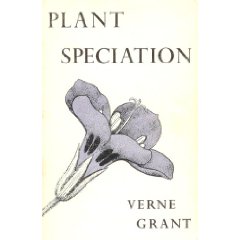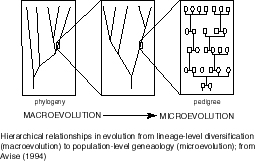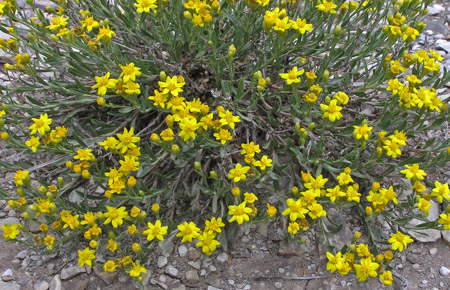Plant Speciation and Evolution
BIO 390 - Winter 2010
Interested in the origin of the
myriad forms of modern plants? Want to know more about HOW evolution works? New Course: Plant Speciation and Evolution Catalogue Description: A survey of the patterns and processes of speciation in modern plant groups. Includes a review of evolutionary principles, the genetic processes involved in evolution, the generation of heritable variation, phylogeny and phylogeography, breeding systems and the maintenance of discrete forms. Laboratory will include an original investigation of speciation in plants of SW Colorado. Prerequisite: Bio 206. 3 hours lecture-3 hours lab. Lecture: M, W, F 12:20-1:15 PM Berndt Hall 755 Lab: M 1:30-4:30 PM Berndt Hall 3020 FLC Moodle access for registered students
Tentative list of course topics:
Laboratory: The laboratory will introduce some of the methodologies for the modern study of plant evolution, particularly those focused in molecular techniques, including DNA sequencing and phylogeny reconstruction and flow cytometry for the determination of chromosomal variation.
We will be working as a group to understand the evolutionary relationship of the new species Gutierrezia elegans, recently described from SW Colorado. This species is restricted only to a single small outcrop of Mancos Shale and is allied with the more common and widespread species, G. sarothrae and G. microcephala but we don't understand how. We will use DNA analysis to construct a phylogeny of the group in our region to examine this question.
Gutierrezia elegans Photo © Al Schneider
|

